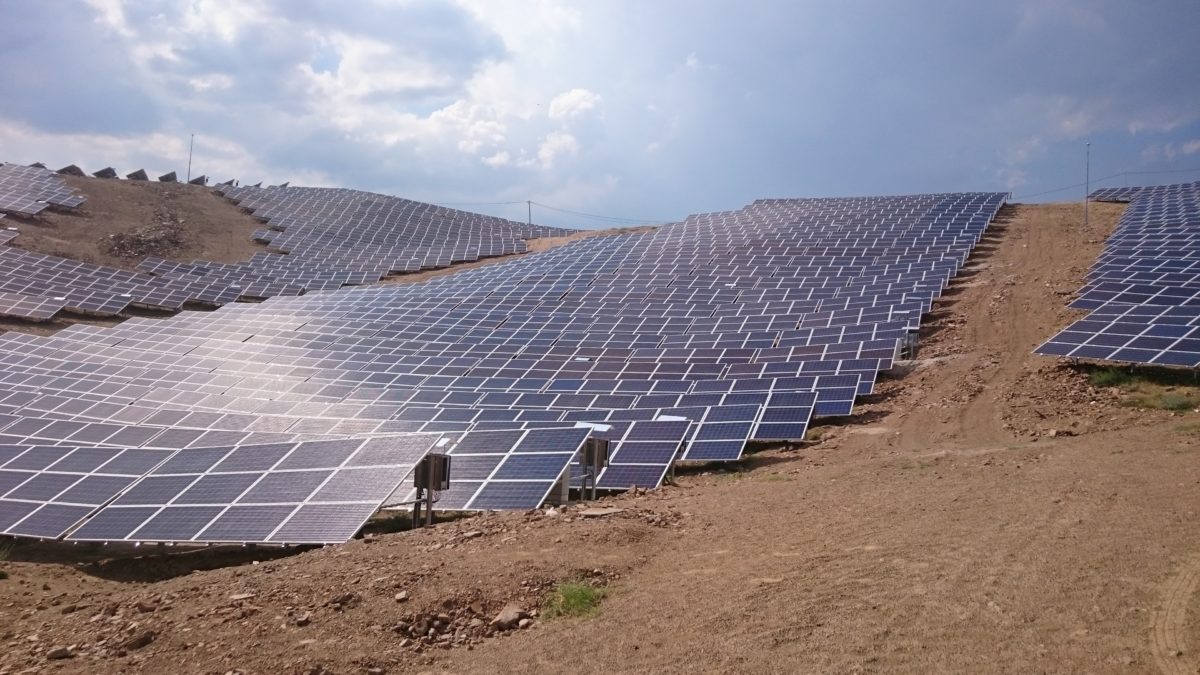Shortly after the summit of the world’s 20 biggest industrialized and developing economies ended on Saturday, and the final G20 communiqué was published, Turkey’s president Recep Erdoğan decided to issue a thinly veiled threat towards fellow G20 leaders by telling a news conference that Turkey is no longer certain it will ratify the Paris accord.
“After that step taken by America, the position that we [Turkey’s government] adopt is in the direction of not passing it [the Paris climate accord] in parliament,” the Turkish president told the news conference in Hamburg on 8th July.
Erdoğan added that former French president Francois Hollande had promised him that Turkey would be classified as a developing nation and not an industrialized one, meaning that Turkey would receive funds from a global climate fund instead of having to pay into it. Therefore, Erdoğan told the press, he warned France’s president Emmanuel Macron and Germany’s chancellor Angela Merkel that Turkey “will not pass it [the Paris climate accord] in our parliament as long as the promises made to us are not delivered.”
Earlier in the day the leaders of the 19 biggest industrialized and developing economies (including Erdoğan but excluding Donald Trump) had declared the Paris climate deal ‘irreversible’ and that action was needed ‘swiftly’.
A few days before the G20 summit took place in Hamburg, Turkey experienced a severe heatwave that showed the city of Istanbul breaking a 106-year high temperature record and let the officials to urge locals to avoid staying outdoors between 10 am to 4 pm.
Waiting for Turkey’s new solar and wind tenders
On a more positive note, Turkey’s renewable energy sector is anticipating new tenders for solar PV and wind power plants.
Turkey’s energy ministry has announced a tender for 1 GW of new wind power capacity which will take place in the end of July. Applications to participate in the tender need to be submitted by 27 July and the tender’s ceiling price is set at $0.070 per kWh, for which a power purchase agreements (PPA) will be offered for 15 years.
Turkey’s energy minister said in March that a similar auction for 1 GW of new solar PV plants will also take place by the end of the summer, but plans have not been announced yet.
Nevertheless, Turkey’s forthcoming wind and solar energy tenders will follow the recent Konya 1 GW tender model, where strict local production criteria are imposed.
This content is protected by copyright and may not be reused. If you want to cooperate with us and would like to reuse some of our content, please contact: editors@pv-magazine.com.



By submitting this form you agree to pv magazine using your data for the purposes of publishing your comment.
Your personal data will only be disclosed or otherwise transmitted to third parties for the purposes of spam filtering or if this is necessary for technical maintenance of the website. Any other transfer to third parties will not take place unless this is justified on the basis of applicable data protection regulations or if pv magazine is legally obliged to do so.
You may revoke this consent at any time with effect for the future, in which case your personal data will be deleted immediately. Otherwise, your data will be deleted if pv magazine has processed your request or the purpose of data storage is fulfilled.
Further information on data privacy can be found in our Data Protection Policy.